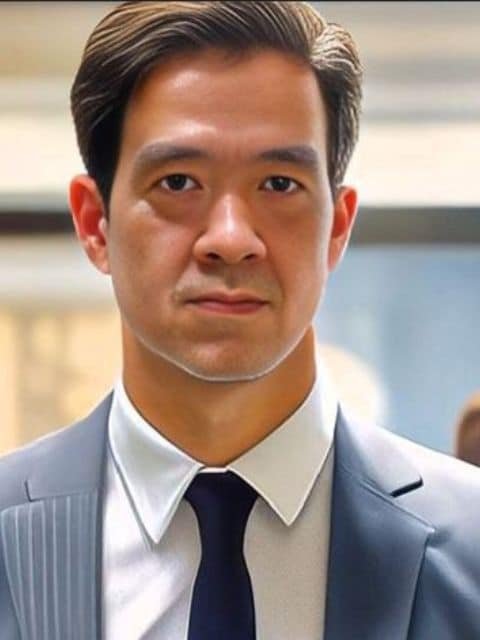Adolf Eichmann is a controversial figure in history, known for his role in orchestrating the logistics of the Holocaust. His quotes provide insight into his mindset and the chilling nature of his actions. Let’s explore some of his most notable quotes and what they reveal about his beliefs and the era he lived in.
Understanding Eichmann’s Perspective
Eichmann often spoke about his role in the Nazi regime with a sense of detachment. His quotes reflect a chilling normalcy in his views on morality and duty. Here are some of his most striking statements:
🔹 “I was only following orders.”
This phrase encapsulates his defense during the trial, highlighting a troubling aspect of human behavior—blind obedience.
🔹 “The Jew is a race that must be exterminated.”
This quote reveals his deep-seated anti-Semitic beliefs, showcasing the horrific ideology that fueled the Holocaust.
🔹 “I had no choice.”
Eichmann often portrayed himself as a mere cog in the machine, suggesting he felt trapped in his role.
🔹 “To me, it was a job.”
This statement underscores his chilling detachment from the atrocities he facilitated.
The Banality of Evil
Eichmann’s trial introduced the concept of the “banality of evil.” He seemed to embody this idea, acting as if he were just doing his job rather than committing heinous acts. Here are more quotes that illustrate this:
🔹 “I did not see myself as a monster.”
This shows how he rationalized his actions, distancing himself from the moral implications.
🔹 “I was a civil servant.”
Eichmann viewed his role as bureaucratic, emphasizing his focus on efficiency over ethics.
🔹 “The orders were clear.”
His insistence on following orders points to a disturbing mindset that prioritizes authority over morality.
Reflections on Responsibility
Eichmann’s quotes also touch on the themes of responsibility and guilt. His statements provoke thought about how individuals justify their actions:
🔹 “I never killed anyone.”
This reflects his belief that he was not directly responsible for the deaths caused by his actions.
🔹 “I was just a functionary.”
Here, he minimizes his role, suggesting that he was not to blame for the larger system.
🔹 “The state made me do it.”
This quote raises questions about individual accountability in the face of systemic evil.
The Impact of Ideology
Eichmann’s quotes reveal how deeply ingrained Nazi ideology was in his thinking. His beliefs were not just personal but part of a larger, dangerous narrative:
🔹 “Nationalism is the key to survival.”
This statement highlights his belief in the supremacy of the state over individual lives.
🔹 “The future belongs to those who believe in their race.”
This reflects his commitment to racial ideology, showing how it fueled his actions.
🔹 “We must secure our people.”
Eichmann often framed his actions as protective, demonstrating how ideology can twist moral reasoning.
The Aftermath and Legacy
Eichmann’s trial and the subsequent quotes have left a lasting legacy. They serve as a reminder of the dangers of unchecked power and ideology:
🔹 “I am not afraid of the truth.”
This statement raises questions about his understanding of truth and morality.
🔹 “History will judge me.”
Eichmann believed that time would absolve him, showing a lack of accountability for his actions.
🔹 “I acted in the interest of my country.”
This highlights how he justified his actions as patriotic, a dangerous narrative that persists in various forms today.
Key Takeaway
Eichmann’s quotes provide a window into the mind of a man who played a significant role in one of history’s darkest chapters. They challenge us to think about morality, responsibility, and the consequences of blind obedience.
Reflecting on these quotes, we can ask ourselves: How do we ensure that history does not repeat itself? How do we hold individuals accountable for their actions within larger systems? These questions are crucial as we navigate our own moral landscapes today.
In a nutshell, Eichmann’s words serve as a stark reminder of the complexities of human behavior and the importance of standing up against injustice.

